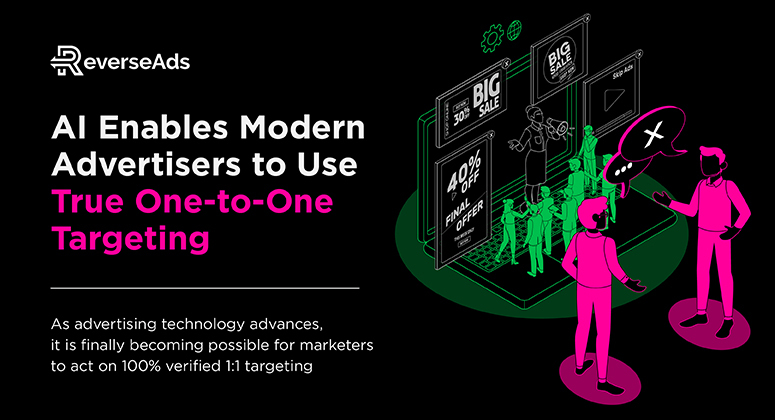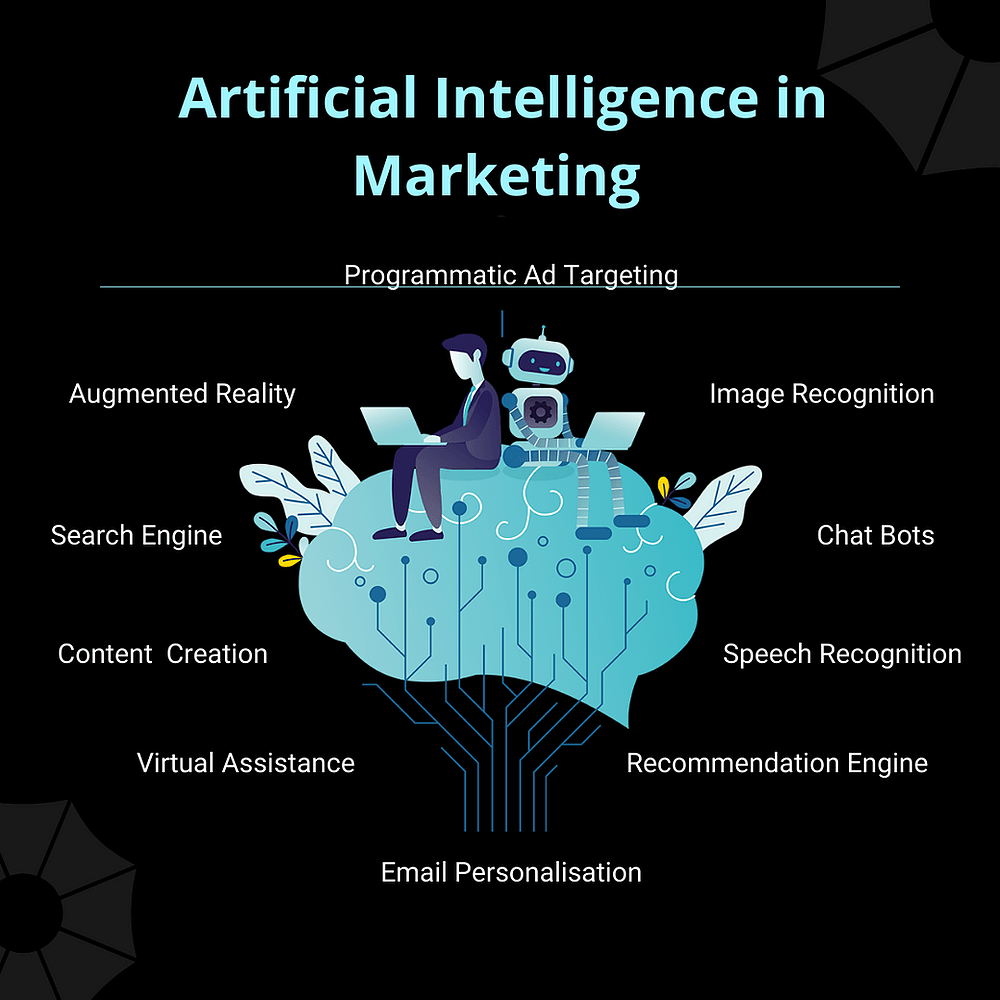Artificial Intelligence in Behavioral Targeting Advertising

Behavioral targeting advertising is a type of online advertising that uses information about a user's online behavior to serve them relevant ads. This information can be collected from a variety of sources, including cookies, browsing history, and search history. AI is increasingly being used to improve the accuracy and effectiveness of behavioral targeting advertising.
How AI is Used in Behavioral Targeting Advertising
There are a number of ways that AI can be used to improve behavioral targeting advertising. For example, AI can be used to:

- Identify relevant audiences: AI can be used to analyze large amounts of data to identify the most relevant audiences for a given ad campaign. This can help advertisers reach their target audience with more precision and efficiency.
- Create personalized ads: AI can be used to generate personalized ads that are tailored to each individual user. This can help to increase the relevance of ads and improve the likelihood that users will click on them.
- Optimize ad delivery: AI can be used to optimize the delivery of ads to ensure that they are shown to the right people at the right time. This can help to improve the effectiveness of ad campaigns and increase ROI.
The Benefits of AI for Behavioral Targeting Advertising
There are a number of benefits to using AI for behavioral targeting advertising. These benefits include:

- Increased relevance: AI can help to ensure that ads are more relevant to each individual user. This can increase the likelihood that users will click on ads and engage with brands.
- Improved efficiency: AI can help to improve the efficiency of ad campaigns by targeting the right audiences and delivering ads at the right time. This can help to reduce wasted ad spend and improve ROI.
- Personalization: AI can help to create personalized ads that are tailored to each individual user. This can help to increase the relevance of ads and improve the likelihood that users will click on them.
The Challenges of AI for Behavioral Targeting Advertising
There are also a number of challenges associated with using AI for behavioral targeting advertising. These challenges include:

- Privacy concerns: AI-powered behavioral targeting advertising can raise privacy concerns for users. Some users may be uncomfortable with the idea of their online behavior being tracked and used to target them with ads.
- Bias: AI systems can be biased against certain groups of people. This can lead to unfair targeting of ads and can have a negative impact on the effectiveness of ad campaigns.
- Regulation: The use of AI for behavioral targeting advertising is subject to a variety of regulations. Advertisers need to be aware of these regulations and ensure that they are compliant.
The Future of AI for Behavioral Targeting Advertising
The use of AI for behavioral targeting advertising is growing rapidly. As AI systems become more sophisticated, they will be able to collect and analyze more data and create more personalized ads. This will lead to more relevant and effective ad campaigns that deliver better results for advertisers.

However, there are also a number of challenges associated with the use of AI for behavioral targeting advertising. These challenges need to be addressed in order to ensure that AI is used in a responsible and ethical way.
Overall, AI has the potential to significantly improve the effectiveness of behavioral targeting advertising. However, it is important to be aware of the challenges associated with this technology and to ensure that it is used in a responsible and ethical way.
Conclusion


Behavioral targeting advertising is a powerful tool that can help advertisers reach their target audience with relevant and engaging ads. AI is increasingly being used to improve the accuracy and effectiveness of behavioral targeting advertising. This can lead to more relevant ads, improved efficiency, and better results for advertisers. However, there are also a number of challenges associated with the use of AI for behavioral targeting advertising, such as privacy concerns, bias, and regulation. It is important to be aware of these challenges and to ensure that AI is used in a responsible and ethical way.
Post a Comment